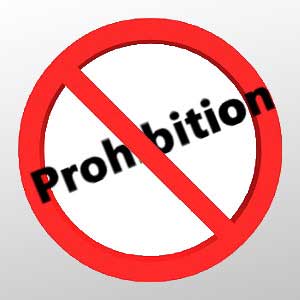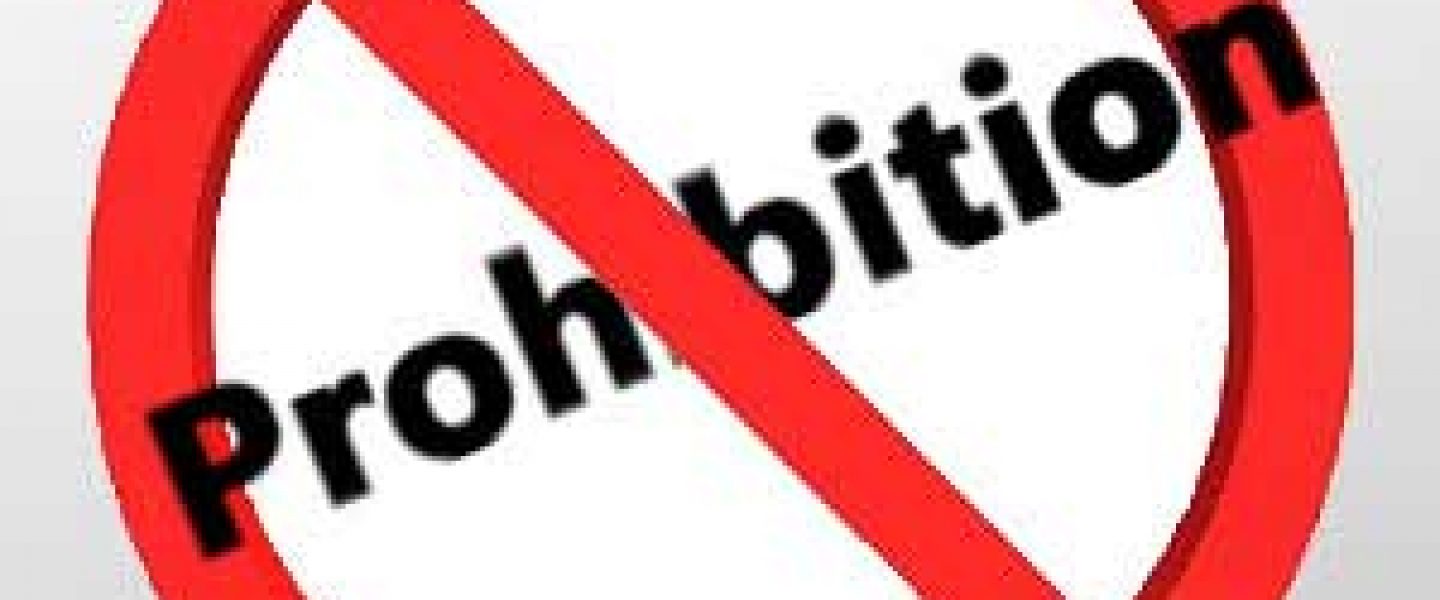 by Morgan Fox, Marijuana Policy Project
by Morgan Fox, Marijuana Policy Project
According to a national poll conducted by Public Policy Polling (PPP) from Nov. 30 to Dec. 2, a record high 58% of American voters said they think marijuana should be made legal, compared to only 39% who do not. In addition, 50% of respondents said they think marijuana will become legal under federal law within the next 10 years.
A strong plurality (47%) of respondents said they think President Obama should allow Colorado and Washington to implement the ballot measures approved by voters last month to regulate and tax marijuana like alcohol. Just 33% said they approve of President Obama using federal resources to prevent them from going into effect. Interestingly, support for the rights of states could be higher, but 46% of Republicans surveyed support the federal government asserting its power over the states.
Download the full poll results here.
Marijuana possession by adults is scheduled to become legal in Washington on Thursday when Initiative 502 officially goes into effect. A similar measure adopted by Colorado voters, Amendment 64, will go into effect no later than January 6. The new laws in Colorado and Washington make it legal for adults 21 and older to possess up to one ounce of marijuana for personal use. They also direct the legislatures of both states to create regulations in order to establish a legal market for businesses to cultivate and sell marijuana to adults. So far, the federal government has not stated whether it intends to use any resources to interfere with the implementation of the new state laws.
The poll of 1,325 voters asked the same question that has been used by Gallup since 1970 to measure support for marijuana legalization in the country. In October 2011 Gallup found, for the first time, a majority (50%) of Americans supported making marijuana legal. Election results and pre-election polls in Colorado suggest PPP’s automated telephone survey might be a more accurate gauge of support for marijuana legalization, perhaps due to a hesitancy of voters to express their pro-marijuana sentiments to live operators, such as those utilized by Gallup.
























